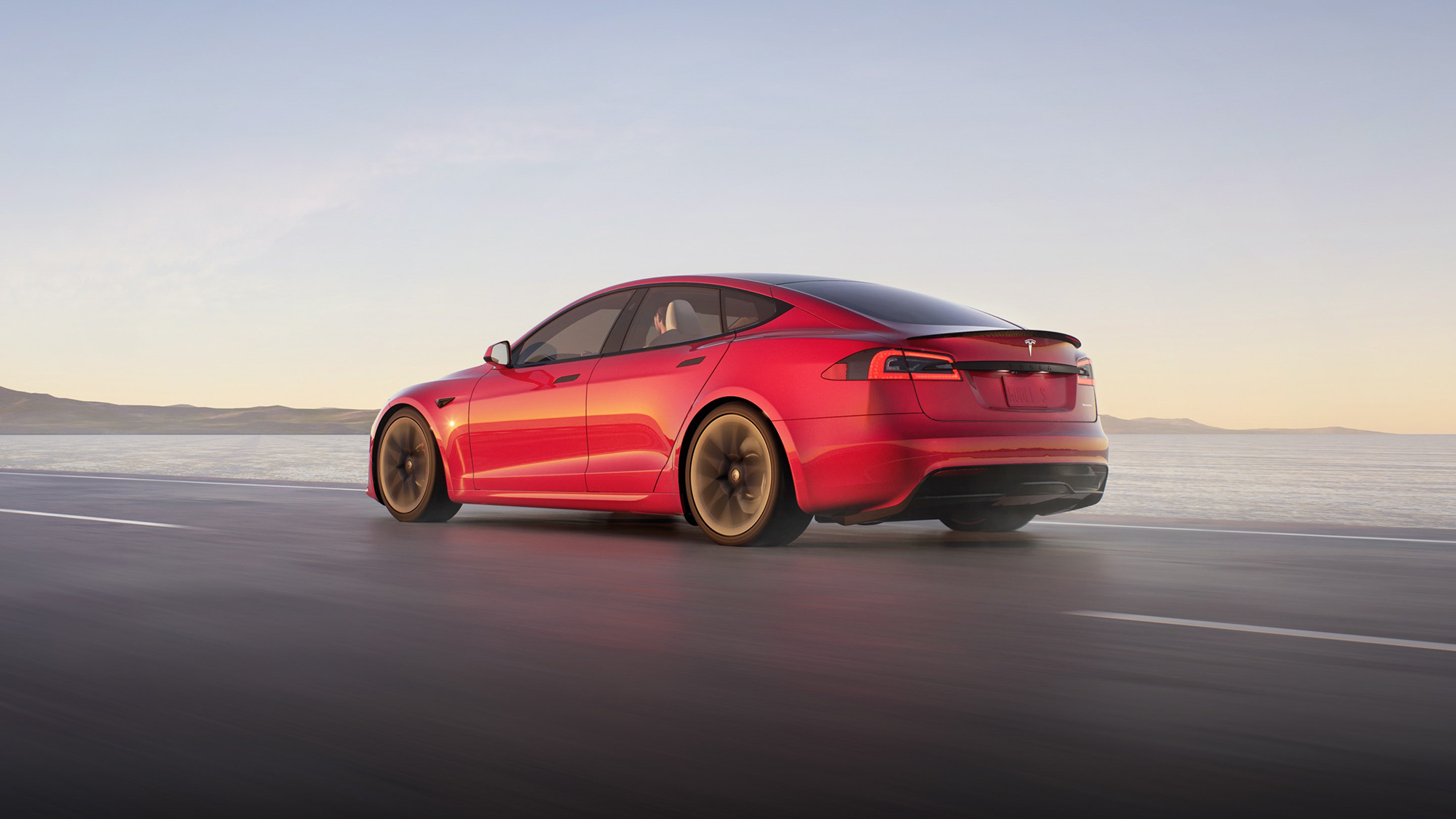EVs could spell the death of muscle cars and that’s okay
Chevy is taking its iconic Camaro and making it into an all-electric sedan, and this is just the latest muscle car getting the EV treatment.
I appreciate that environmental pressures and the need to get with the times are seeing traditional car brands start to explore electrification. But I definitely didn’t expect to hear about a true classic American muscle car potentially ditching gasoline for lithium-ion. The news had me worried about the future of muscle cars.
Chevy isn’t the only company known for having some loud and proud gas-guzzlers now seemingly being pivoted towards electrification. Ford latest Mustang Mach-E is a country mile away from the classic V8 ‘Stangs that make motorheads go all misty-eyed. And it’s planning on turning the Ford F-150, the best selling vehicle in America, into an electric machine.
Goodbye to the gas-guzzling icons
As a car fan, but also someone who’s not so keen on the devastating effects of climate change, I’m torn about seeing cars famed for big, loud V8 engines start to swap from electric motors to lithium-ion batteries, you know, like a frickin’ smartphone.
Impractical as the likes of a Camaro or Shelby GT might be, there’s something special hearing one approach in the distance with a sonorous tone from its V8 as it zips pass. Or simply, hearing the burble of that engine as it waits at a traffic light, seemingly wanting another car to challenge it to a quarter mile sprint.
Of course, as a Brit, I tend to see more sports over muscle cars on U.K. roads. The odd McLaren GT, Porsche 911 and Ferrari 488, for example. But as impressive as these cars look, and perform, especially on the twisting British roads, they arguably lack the bombast of muscle cars.
The U.K.’s closest equivalent could be something like the raucous Jaguar F-type, with its popping V8 or V6. Both of which make some seriously silly noise when the pedal hits the lush carpeted floor.
But with Jaguar Land Rover also aiming for an all-electric line up by 2025, the loud Jag might be on borrowed time.
The same could be true of GT cars as well, arguably the sophisticated neighbor of the muscle car. I don’t see razor sharp sports cars like the Audi R8 disappearing anytime soon. But big-engine grand tourers like the Aston Martin Vanquish or Bentley Continental could be history; after all, with EVs seemingly delivering more range with each new car, and Tesla’s Supercharger network ever expanding, is there any need for somewhat archaic petrol-chugging GTs?
I’m not sure there will be a need outside of the car collections of the rich. Rather, future GTs from premium brands are likely to be electric powerhouses swaddled in premium vegan leather.
Modern muscle

While I might be getting nostalgic for a group of cars I’ve simply grown up seeing on TV, car shows or rumbling past me, I’m also not going to get stuck in a nostalgic funk.
EVs may not have the shouty nature of muscle cars, but they certainly have the straight-line performance. A Tesla Model S will smoke (or surge past) many a powerful sports car from 0-60 miles per hour.
And the likes of the Porsche Taycan and Audi e-tron GT will do the same, while also providing some classic dynamic driving when the roads start to twist. The Mustang Mach-E may not look like the muscle car it takes its prefix from, but as our reviewer John R. Quain found it’s not short on performance.
Furthermore, with the Mach-E set to get a performance GT version, and Mercedes’ AMG line looking at EVs, a new era of performance EVs that offer more than just straight line speed could be coming soon.
So if the slow death of the classic American muscle cars paves the way for more exciting EVs, then perhaps it’s time to put nostalgia aside and welcome electric cars with open arms.
For all the latest Technology News Click Here
For the latest news and updates, follow us on Google News.
